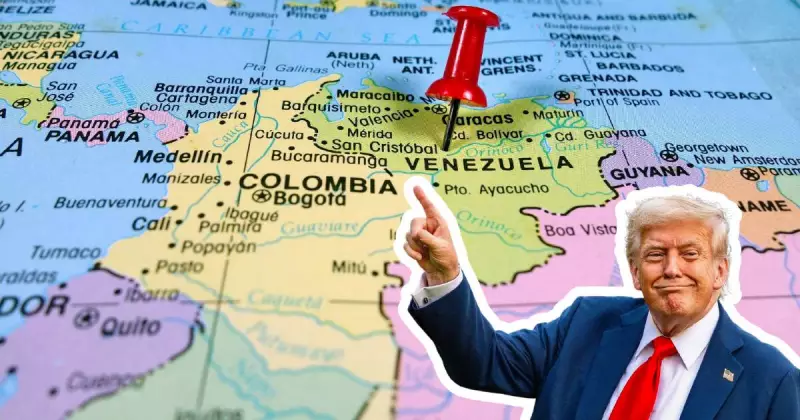
The United States' classification of Venezuela as a 'narco-state' represents more than just a law enforcement designation—it's a calculated geopolitical move with far-reaching implications, according to security analysts.
While Venezuela undoubtedly faces significant drug trafficking challenges, the timing and framing of this label suggest underlying political motivations that extend beyond narcotics control.
The Geopolitical Chessboard
Washington's persistent characterization of Venezuela under Nicolás Maduro as a criminal state serves multiple strategic purposes. This designation provides legal justification for extensive sanctions regime that has crippled Venezuela's economy and isolated its government internationally.
The narco-state label also functions as a powerful diplomatic tool, enabling the US to rally regional allies and justify interventionist policies under the banner of combating transnational crime.
Regional Dynamics and Power Plays
Venezuela's strategic location and substantial oil reserves make it a key piece in the great power competition unfolding across Latin America. The drug trafficking allegations provide convenient leverage in this broader contest for influence.
Meanwhile, other Caribbean transit routes used by Colombian cartels receive comparatively less attention, raising questions about the selective application of the narco-state designation.
Humanitarian Consequences
The economic sanctions justified by Venezuela's alleged criminal status have had devastating effects on ordinary citizens. Medicine shortages, collapsed public services, and mass migration have resulted from the country's economic isolation.
Critics argue that using drug enforcement as a pretext for regime change policies creates collateral damage that outweighs any potential benefits in reducing narcotics flows.
Alternative Approaches
Some security experts suggest that cooperative international efforts focusing on capacity building and targeted law enforcement would prove more effective than blanket sanctions and political isolation.
The current approach, they argue, primarily serves to maintain Venezuela as a geopolitical pressure point rather than genuinely addressing drug trafficking concerns.





